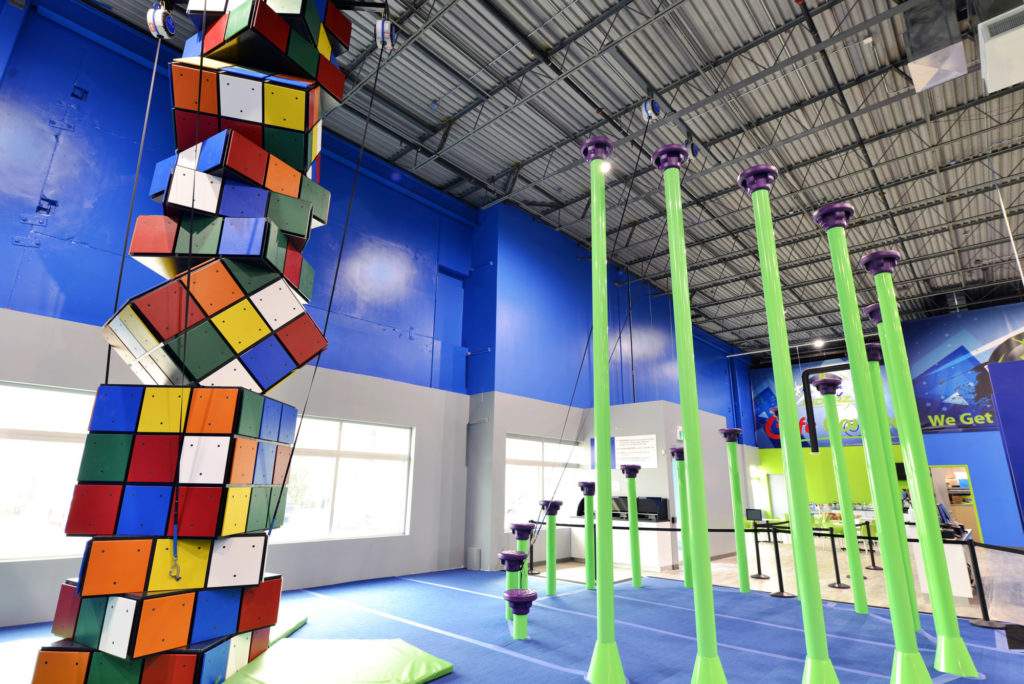
Rock climbing is an exhilarating sport that offers a unique blend of physical challenge and mental focus. However, with the thrill of ascending vertical terrain come inherent risks. Prioritizing safety is paramount to ensure a rewarding and incident-free rock climbing in Vaughan experience.
Proper gear inspection:
Before starting any climb, thoroughly inspect your gear for signs of wear, damage, or malfunction. Check your harness, ropes, carabiners, and other equipment to ensure they are in good condition and properly functioning. Never compromise on gear safety.
Double-check knots and belay systems:
Mistakes in tying knots or setting up belay systems can have dire consequences. Always double-check your knots and your partner’s knots before starting a climb. Verify that belay devices are correctly rigged and that communication signals are clear between climber and belayer.
Utilize helmets:
Wearing a helmet is essential for protecting your head from falling rocks, debris, or impacts during a fall. Invest in a quality climbing helmet that fits snugly and comfortably, and make it a habit to wear it every time you’re on the rock, regardless of the climbing terrain.
Practice good communication:
Effective communication between climbing partners is critical for safety. Establish clear signals and commands before starting a climb, and maintain constant communication throughout the climb. Use verbal cues and visual signals to communicate intentions and ensure mutual understanding.
Assess environmental hazards:
Be mindful of environmental hazards such as loose rock, unstable terrain, weather conditions, and wildlife. Assess the rock quality and be cautious of rockfall zones. Stay informed about weather forecasts and be prepared to adjust your plans accordingly to avoid getting caught in dangerous conditions.
Know your limits:
Recognize your own abilities and limitations as a climber. Avoid pushing yourself beyond your skill level or comfort zone, as this increases the risk of accidents and injuries. Listen to your body and intuition, and be willing to retreat or reassess if a climb feels too challenging or risky.
Stay hydrated and fueled:
Proper hydration and nutrition are crucial for maintaining focus and energy levels during climbs. Stay hydrated by drinking water regularly, especially in hot or high-altitude environments. Fuel your body with nutritious snacks and meals to sustain energy levels throughout your climbing sessions.


